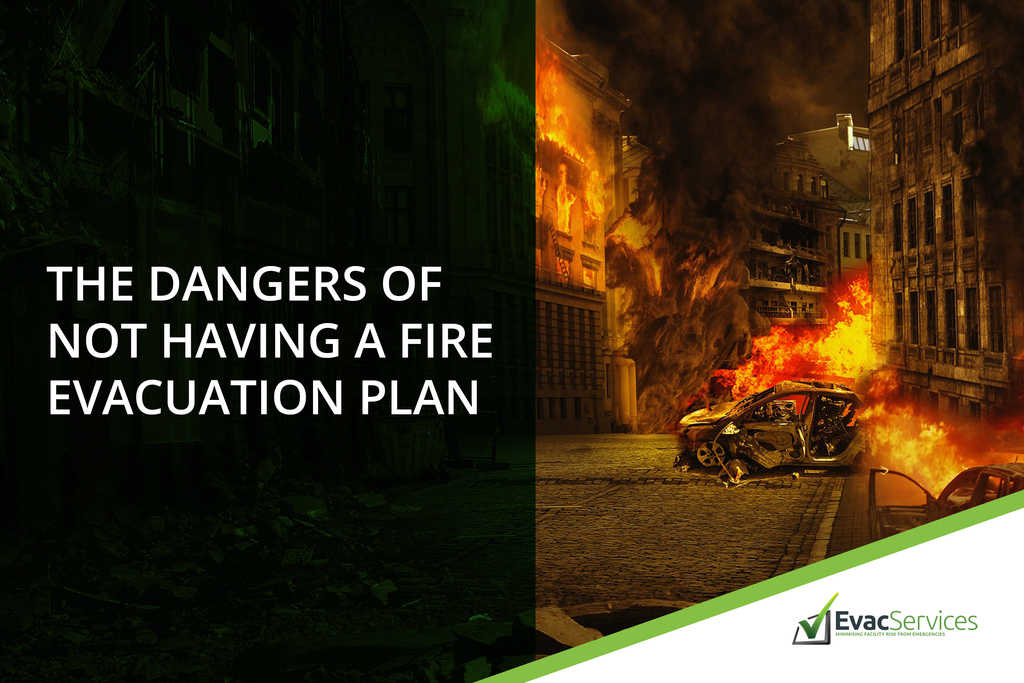Emergency Procedures: Roles of Tenants in Occupant Safety
Establishing emergency procedures is not just in the hands of facility managers. While building owners and managers are ultimately responsible for ensuring the safety and well-being of all occupants within the facility, tenants need to ensure that their workplace is compliant. Crucial to this process is their coordination with the facility manager to align the tenancy’s emergency procedures with those of the building.
Specific
Emergency Planning 101: Why Plan for Emergencies?
Do you and your occupants know what to do and where to go when emergencies strike? Are you confident that you will be able to keep the people in your care safe and sound in the darkest hours?
Emergencies happen anytime, anywhere and pose threats to the safety and security of individuals and businesses. With the
Fire & Safety Training: How it Contributes to Occupant Safety
As a facility manager, these are some of the questions that keep you up at night: Will my building occupants be safe when emergencies strike? Is fire & safety training conducted by our emergency planning provider effective to ensure this?
Emergency evacuation planning and fire & safety training are crucial components in ensuring occupant safety. In Australia, the government is keen on company compliance with safety and emergency guidelines.
Emergency Response Training and Business ROI
Emergency response training and other relevant safety training are vital compliance components that help ensure the safety, health and well-being of your workforce. As a business, this is not just a legal requirement, but also an ethical obligation to uphold employees’ right to a safe workplace.
In most commercial buildings, it is written into lease agreements that employers/tenants like you need to nominate a staff member to
The Dangers of Not Having a Fire Evacuation Procedure
Fire emergencies don’t discriminate. It can occur in any type and size of business, without any regard to whether your workplace is a hospital, a construction site, a mall, or an office. A business without a fire evacuation procedure is like a ticking time bomb – All it takes is just one spark to put
Emergency Committees: Ensuring Effective Communication in a Disaster
Timely dissemination of information can save lives and properties during a calamity. An emergency plan will be futile if it is not properly communicated to relevant parties. Hence, you need to have emergency committees in place to guarantee smooth flow of information and instructions.
During calamities, members of the Emergency Committees play significant roles in ensuring fluid





